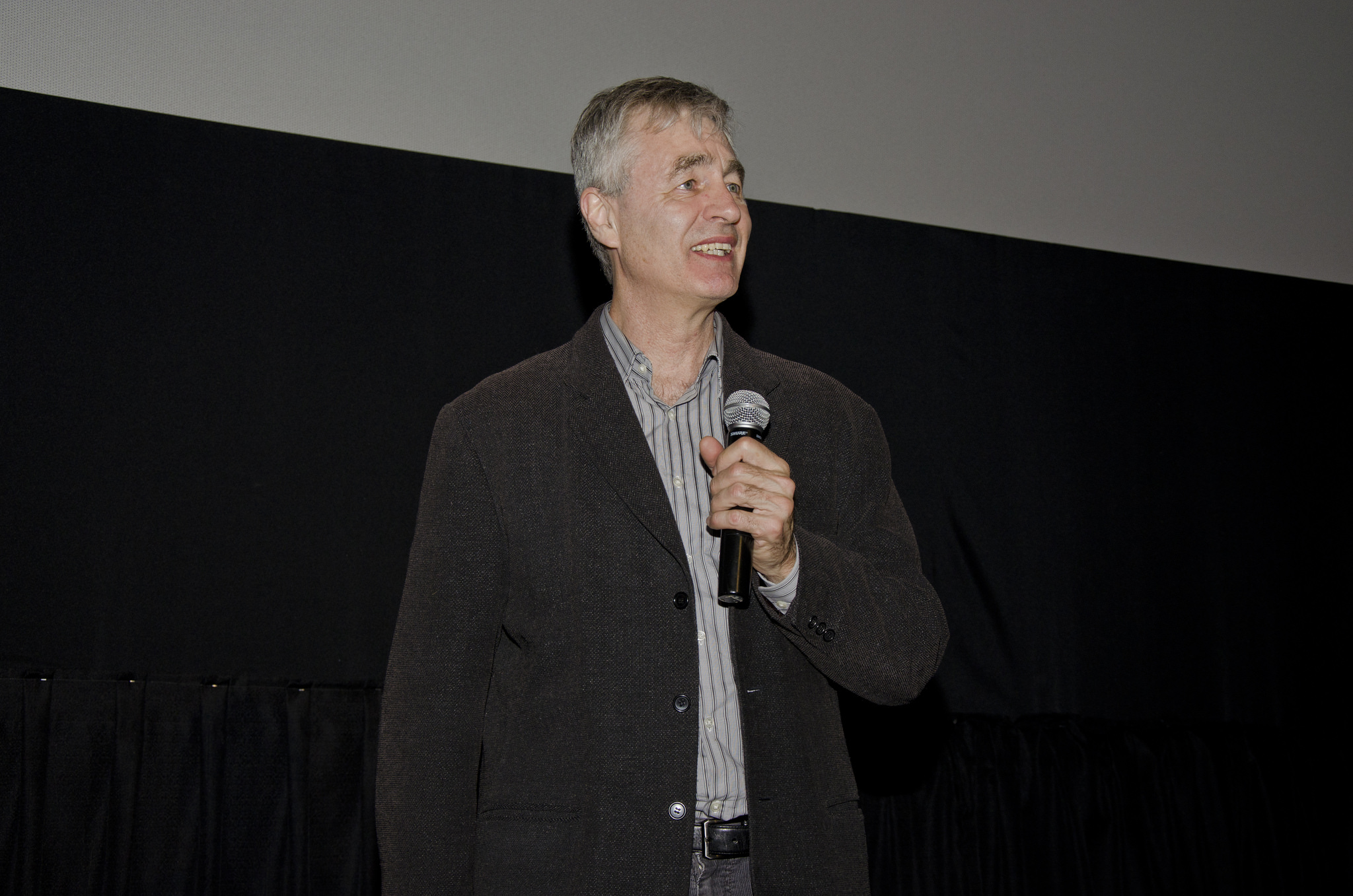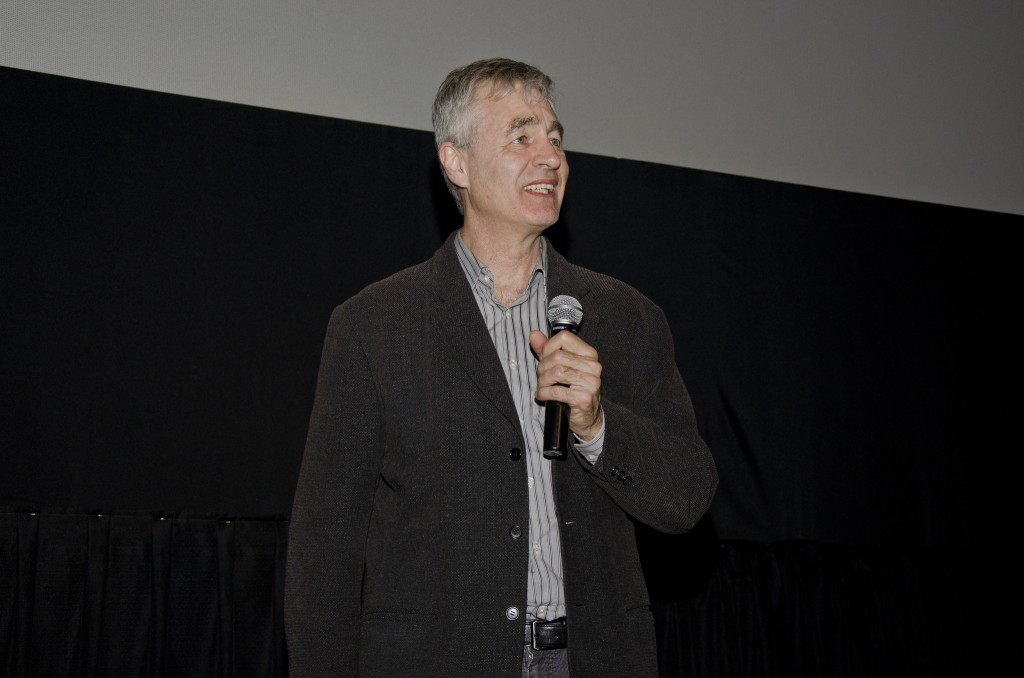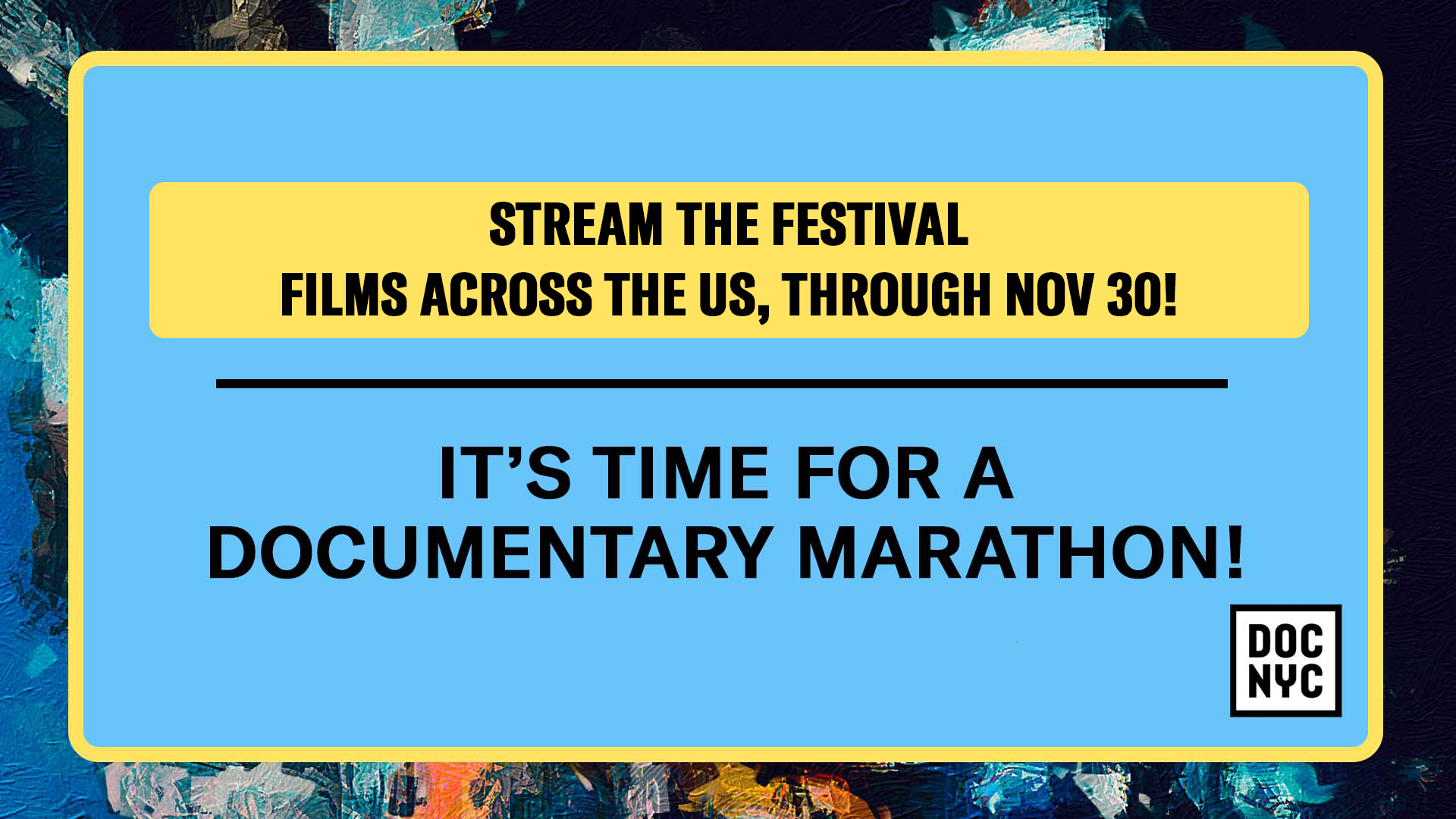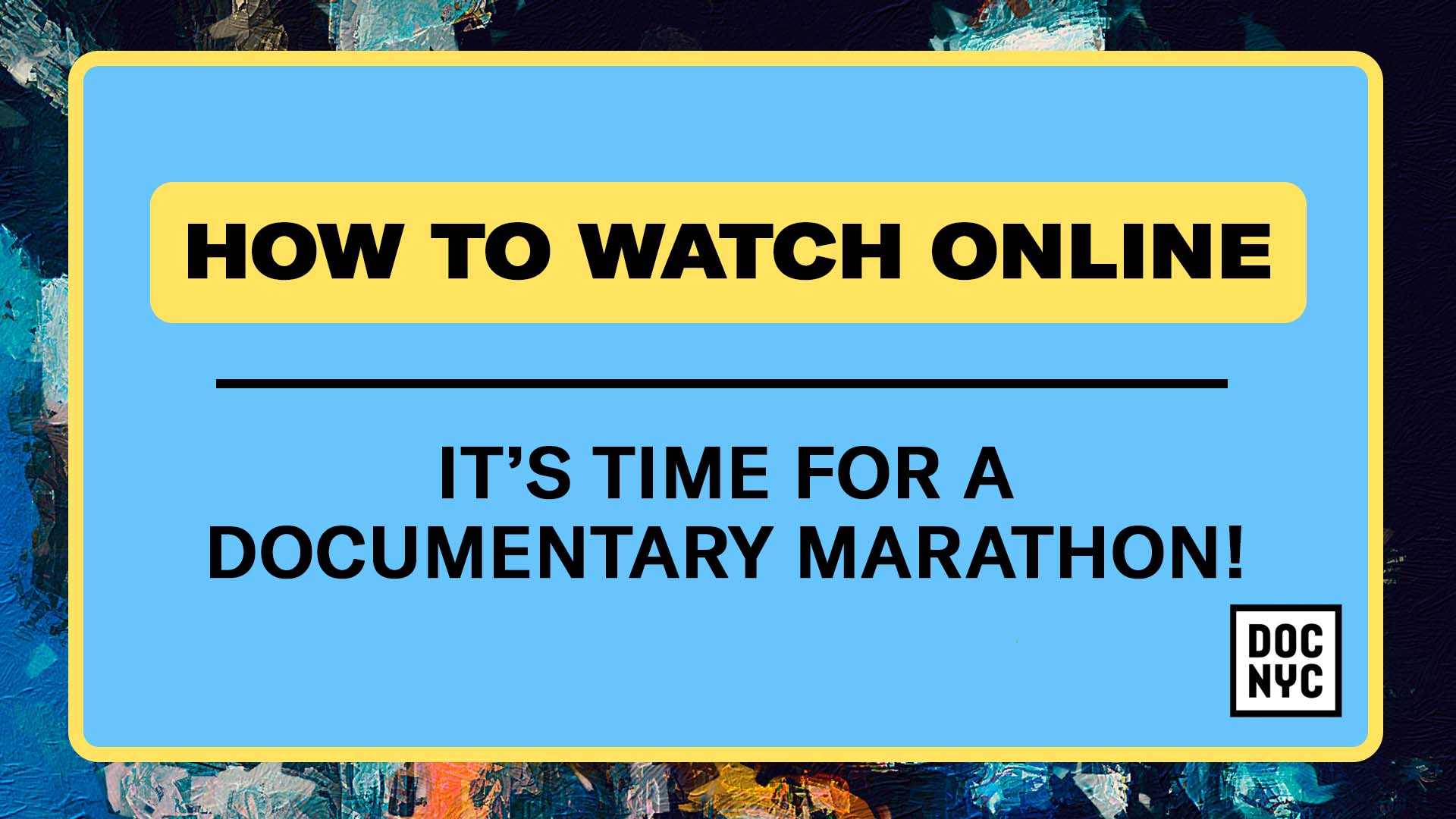Roger Ebert’s Legendary Career Revealed in Life Itself


Written by Megan Scanlon
In Saturday night’s pre-screen conversation of Life Itself, John Vanco, Vice President and General Manager of the IFC Center said Director Steve James “has been making some of the most moral and impactful and important documentaries in the past 25 years.” In Life Itself, James’ portrays the life of Pulitzer Prize winning movie critic Roger Ebert and all the lives he touched through a series of conversations with close friends, family, colleagues, and fans, comprehensively illuminating the director’s statement that “Roger meant a lot to Chicago, he meant a lot to the community, and to the country.” The film was the first chance for James to get to know Ebert, and he said, “it was Roger and Gene Siskel that put Hoop Dreams on the map and so it’s a great privilege to be able to tell their story, and tell it with a kind of honesty and grit that we knew would have to be in it to make it a real film.”
Life Itself is narrated by Ebert from his memoir of the same name, and has a Big Fish feel to it with the countless lives he touched. New York Times film critic A.O. Scott says in the film, “he gave life to new voices and new visions.” This is vividly evident in Martin Scorsese comments, as he punctuates each scene with his high voltage energy. After Mean Streets was released in 1973, Ebert predicted that Scorsese would “become the American Fellini in ten years or so.” Scorsese’s words catch in his throat when he talks about Ebert and his film-critiquing partner Gene Siskel’s invitation in 1982 to be honored at the Toronto International Film Festival. Depressed and at a very low point in his life, Scorsese said the honor was “the only thing that saved me or that made me want to continue living–that night started my life again.”
In the film, close friend and host and producer of Chicago Live! Rick Kogan says, “there’s a certain kind of Chicago character that Roger came to believe he was,” and Life Itself captures that character by exploring Ebert’s relationships. He credits his wife Chaz with helping him through his struggles as a recovering alcoholic, and recalls tenderly in the film that “Chaz saved me from the fate of living my life alone which is where I seemed to be heading.” On the nuances of his relationship with Siskel, Chaz says, “They didn’t care what anyone else thought as long as they could try to persuade the other,” and even more comically telling, is that they decided on everything with a coin toss, hence the order of “Siskel & Ebert.”
“I lived in a world of words long before I was aware of it,” Ebert says in the beginning of the film, and as his health declined due to cancer of the thyroid and salivary glands, his communication tool became a synthesizer and a prized blog where he continued his work. Movie critic Richard Corliss says of the blog, “his voice was stilled but of course he’s talking more than ever.”
The end of the film shows all in attendance at his funeral giving him a fitting thumbs up tribute, and in conversation after the screening, James’s said of Ebert’s impact, “he had a real understanding of his power and also in the rarest of situations, I think, a man of great power who knows actually how to use it as a true force for good.”
For more about Life Itself, visit the film page on the DOC NYC website.
Megan Scanlon is an alum of Hobart & William Smith Colleges and New York University and works in the field of International Education




